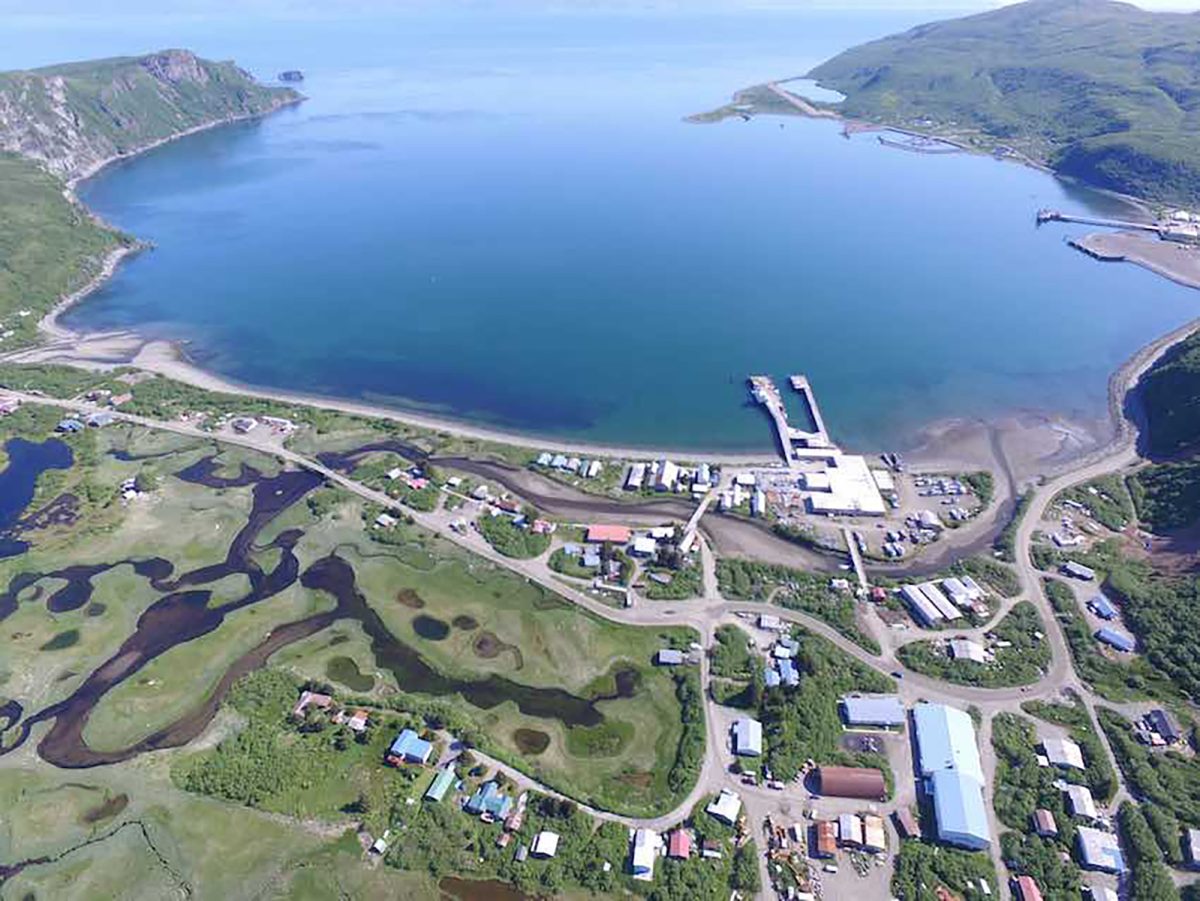It is the season for scary things like skeletons, zombies and ghosts. While these fictional creatures have been scaring people for generations, there is a real-world problem that has been doing the same: climate change. The effects of climate change have been studied for decades, pushing researchers to go beyond their boundaries to get a further understanding of it.
Recently, UTEP received a grant allowing researchers to travel to Alaska to research climate change’s effects on the environment and surrounding communities. From melting glaciers to apocalyptic flooding, researchers will observe these scary changes in more ways.
The National Science Foundation (NSF) $13.9 million grant will fund a research project on the impact of climate change in the Bering Strait region of Alaska. Not only will researchers focus on the environment, but how people who live in the region will cope with these consequences.
“These communities, you can only get there by boat or plane or, or snow machine if you’re really adventurous. They’re very isolated, the communities still live a mostly subsistence lifestyle,” said Craig Tweedie, Ph.D., a professor in biology and director of the Environmental Science and Engineering doctoral program. “These are also communities that are very much at risk from climate change impacts in the Arctic. This whole project is sort of acknowledging all of this and basically, sort of saying, we need to figure out a better way to help these communities adapt.”
Figuring out ways for Alaskan communities to have a way to cope with climate change, means observing the frightening differences that have started to happen. Erosion of coastlines and permafrost thaw are some of the effects that scientists have on the edge of their seats.
“The Arctic is the hotspot of climate change impacts on earth. We see a dramatic loss of Arctic Sea ice, warming of the Arctic environment, animals and plant distributions changing significantly,” Tweedie said. “We’re also seeing widespread degradation of permafrost. As a result of this, we see secondary impacts. So, we now see flooding that we never used to see, we are seeing invasive species getting into the Arctic. We’re also seeing things like increased erosion rates.”
While these impacts are making their presence known, UTEP’s data collection and research are coming up with more solutions to make this situation less scary. The integration of satellite data, elevation scans and oceanographic reports will come together for scientists to predict upcoming storms or natural disasters. Tweedie will be one of several researchers heading to Alaska for this project, collecting data throughout his time there to help local communities and academia learn the terrifying truths of climate change.
“Receiving a grant for climate change research is exciting and will aid in giving UTEP students firsthand knowledge of this global issue,” said Nicky Jimenez, a senior studying metallurgy and materials engineering. “It will promote the conversation of climate change locally and will hopefully encourage students/people to be more involved with environmental issues. UTEP has many incredible minds, so I know great steps will be made towards understanding the effects of climate change.”
Elisha Nuñez is a staff reporter and can be reached at [email protected]







